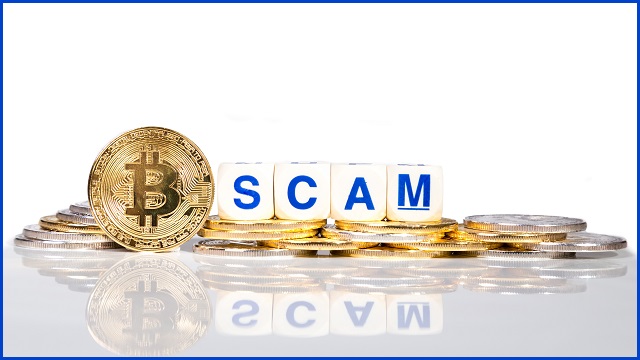Scammers posing as the organisers of a global fintech conference have been promoting a fake bitcoin giveaway.
The Singapore Fintech Festival issued a warning to its mailing list on Tuesday morning about the scam activity.
“It has been brought to our attention that a sender posing as an official blog of the Singapore FinTech Festival has been offering a bitcoin giveaway and soliciting responses from recipients to their giveaway,” the conference organisers said via email.
“We wish to remind everyone that letters, emails, or mobile phone messages, offering such services are fraudulent and should be ignored.
“Accordingly, legal actions are being taken against those responsible for such activities.”
The Singapore Fintech Festival name carries some weight as it is organised by the country’s central bank, the Money Authority of Singapore (MAS).
To be held in November, this year’s conference will feature pitches from finalists of the Global Central Bank Digital Currency Challenge which is seeking ways to overcome the potential problems of issuing centralised digital currencies.
Last year’s event featured speeches from the likes of Bill Gates as well as the CEOs of tech companies such as Google, Microsoft, and Accenture, and Ethereum founder Vitalik Buterin.
Australian Prime Minister Scott Morrison also made a virtual appearance at the conference in which he talked up Australia’s handling of COVID-19, the country’s relationship with Singapore, and issued an invitation for skilled tech migrants.
Bitcoin giveaway scams typically involve the scammer promising they will send back more bitcoin to anyone who sends the cryptocurrency to a specific wallet.
These scams tend to propagate by latching onto high profile events and personalities like Elon Musk who has long been a vector for bitcoin scammers who promote so-called giveaways by using his likeness on Twitter.
American teenager Graham Clark perpetrated a widescale bitcoin giveaway scam when he used Twitter’s backend tools to hack profiles from the likes of Bill Gates, Kanye West, and Apple to say he would double any bitcoin sent to a certain address.
The scams actually work, too. People sent a total of 12.8 bitcoins to Clark’s wallet address during the Twitter account heist for which the 18-year-old received a light sentence of three years in juvenile detention.
And a German man felt immense regret after sending 10 bitcoin to a fake Elon Musk scammer also promising to double people’s bitcoin holdings.
The Australian Competition and Consumer Commission’s (ACCC) latest Targeting Scams report found the number of scam payments made in bitcoin had risen in recent years with Australians reporting losses of around $26 million worth of bitcoin to scammers in 2020.










